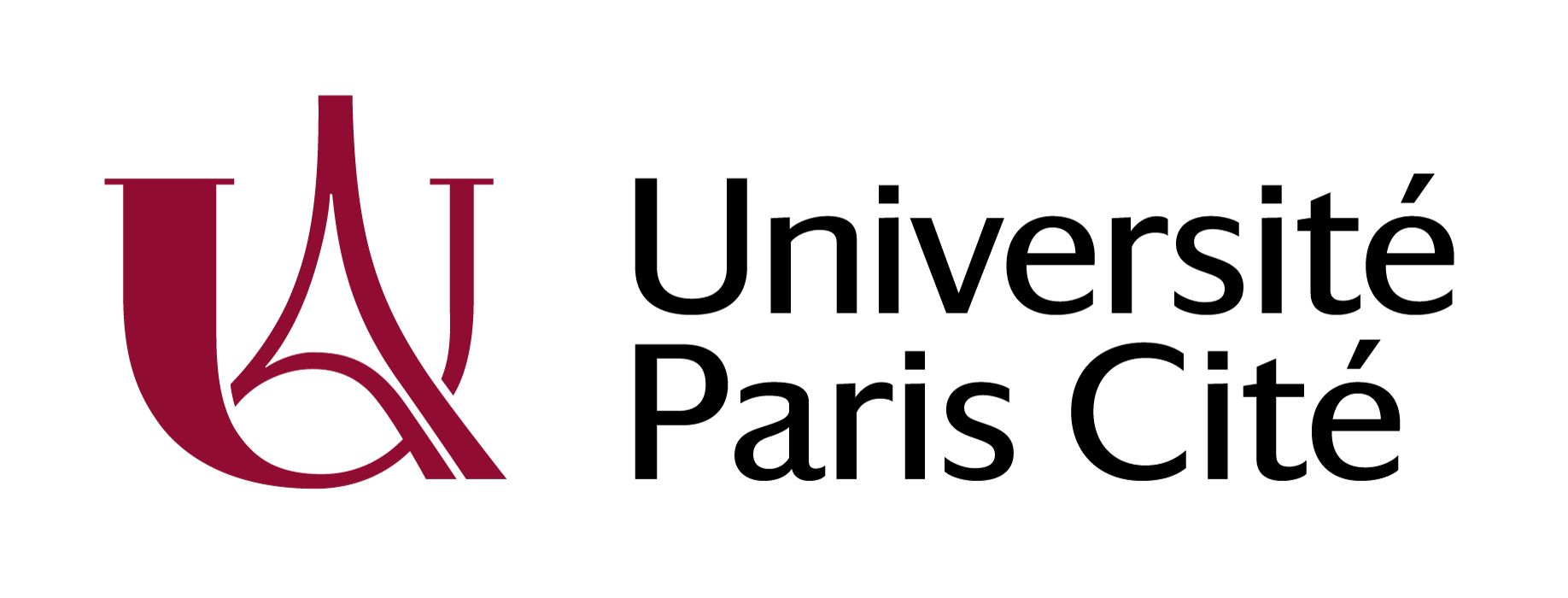Interpreting changes and continuities in Germany: a return to the Gerschenkronian history approach
Interpréter changements et continuités en Allemagne : un retour à l’approche gerschenkronienne de l’histoire
Résumé
Since the 1980s, the German growth path has challenged the mainstream theories and forced them to incorporate the possibility of another viable equilibrium, alternative to liberal capitalism, and relying upon institutional complementarities in order to secure long term investments in both physical and human capital. We establish the existence of at least three ‘stylised facts’ that the three different institutionalist approaches share and show, by doing this, how economics may use history. We argue that these approaches are to be distinguished by the ‘theoretical status’ they grant to these ‘facts’, but could be articulated around Gerschenkron’s version of historical institutionalism. It would allow conciliating the functionalism of the
rational choice approach, which explains rather well the emergence of the institutional complementarities observed until the 1990s, with the force of the social dynamics within each individual institution developed by the sociological approach.
Depuis les années 1980, la trajectoire de croissance allemande défie les interprétations dominantes et a contraint les théories de la croissance à intégrer la possibilité d’un équilibre viable, alternatif au capitalisme libéral, reposant sur des complémentarités institutionnelles, favorisant les investissements en capital physique et humain de long terme. Après avoir illustré l’une des utilisations de l’histoire en économie et établit l’existence d’au moins trois « faits stylisés » partagés par les trois approches institutionnalistes, nous montrons qu’elles s’opposent sur le « statut théorique » de ces « faits ». Nous soutenons que ces approches peuvent se réarticuler autour de l’institutionnalisme historique de Gerschenkron, afin de concilier de manière flexible le fonctionnalisme de l’approche du choix rationnel, qui rend compte des complémentarités institutionnelles observées jusqu’aux années 1990, et les dynamiques sociales propres à chaque institution de l’approche sociologique.
| Origine | Fichiers éditeurs autorisés sur une archive ouverte |
|---|
Loading...
